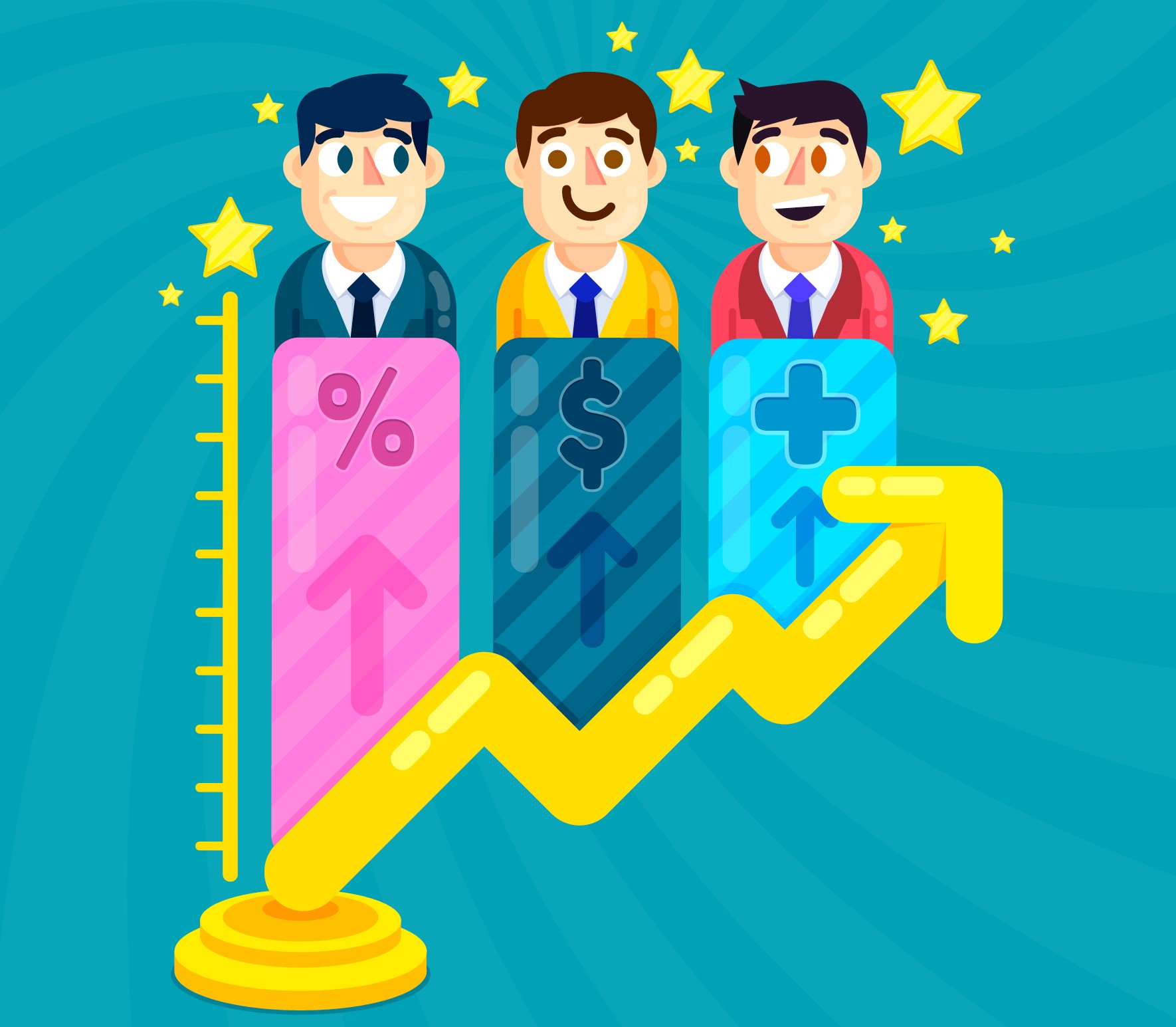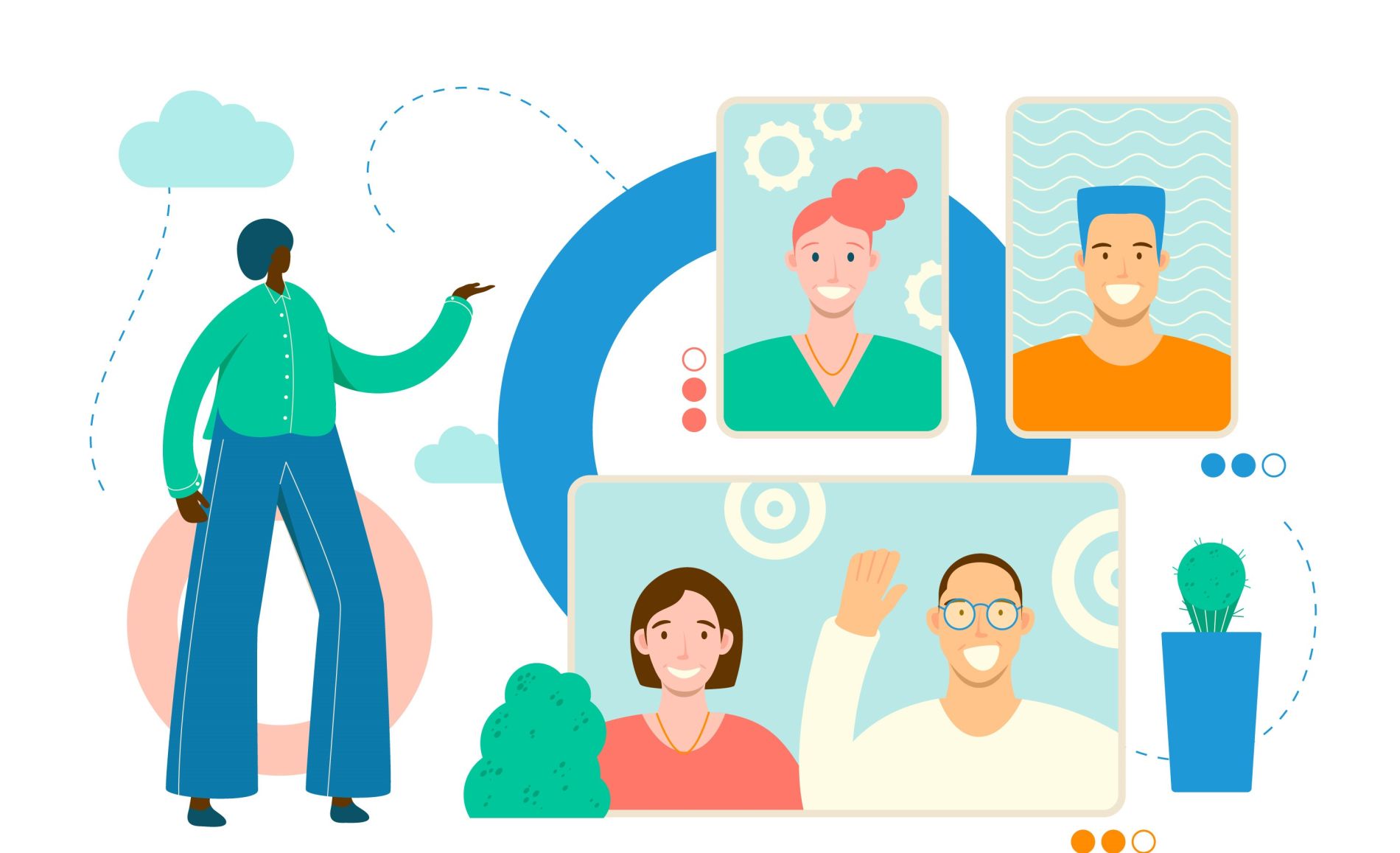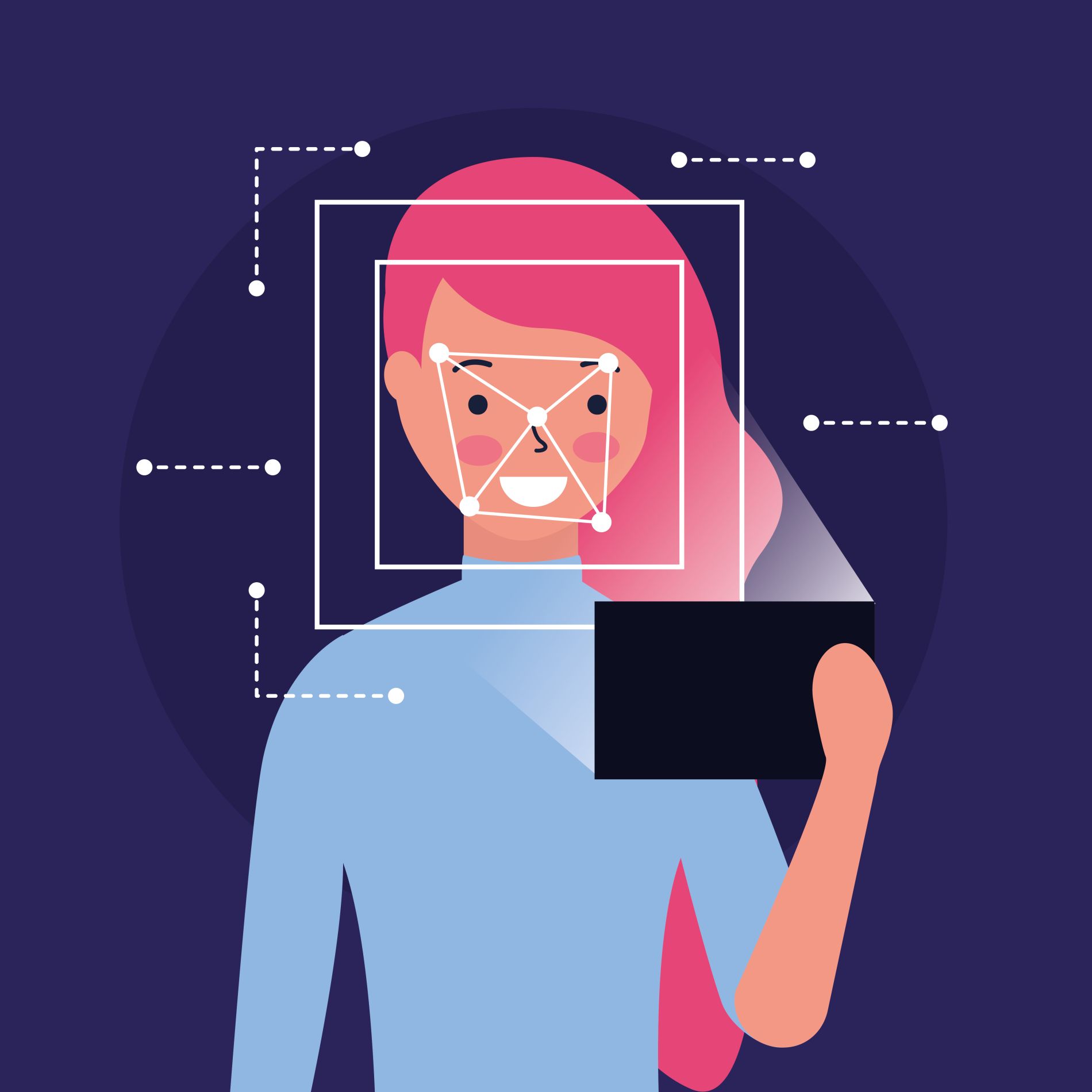Article Content:
What is AI in Marketing?
The Benefits of AI in Marketing
Challenges of AI in Marketing
How AI is Utilized in Marketing?
[VIETNAMESE HERE]
In today's era of rapid technological advancement, artificial intelligence (AI) has emerged as a game-changing tool, revolutionizing nearly every industry, with marketing being no exception. This article delves into the question, "What is AI in marketing?", uncovering its benefits and challenges, and showcasing how major companies are leveraging AI in practical applications.
What is AI in Marketing?
Artificial intelligence in marketing refers to the use of AI tools and automation, such as algorithms, data models, and machine learning (ML), to gain deep insights into consumer behavior. Companies leverage AI in marketing to personalize messaging, enhance customer experiences, optimize marketing activities, and predict customer actions. Examples of AI in marketing include chatbots, content recommendation engines, and personal assistants.
 |
The Benefits of AI in Marketing
Increased Conversion Rates and Revenue:
-
Personalized Customer Experience: AI enables a deep understanding of individual customer behavior, preferences, and needs, allowing businesses to craft highly personalized marketing campaigns and shopping experiences. Reaching the right audience with the right message leads to higher conversion rates and increased revenue.
-
Optimized Pricing and Promotions: AI can analyze market data, customer behavior, and promotional effectiveness to recommend optimal pricing and promotional strategies that attract customers and boost sales.
-
Relevant Product and Service Recommendations: By analyzing shopping data and personal preferences, AI can suggest related products and services that complement the customer's needs, encouraging additional purchases and driving revenue.
Enhanced Advertising Efficiency:
-
Precise Targeting: AI helps pinpoint potential audiences accurately based on factors such as demographics, interests, and online behavior. This ensures that ads are displayed to the right people, reducing wasted ad spend and increasing conversion effectiveness.
-
Optimized Ad Budget Allocation: AI can intelligently distribute ad budgets across different channels, campaigns, and target audiences to achieve optimal results. It also allows for real-time ad performance tracking and strategy adjustments to maximize cost efficiency.
-
Automated Ad Buying: AI can automate ad purchasing tasks on platforms like Google Ads, Facebook Ads, etc., saving marketers time and effort.
Improved Customer Service:
- 24/7 Customer Support: AI chatbots provide round-the-clock customer support, quickly resolving inquiries, handling complaints, and providing product information efficiently.
- Personalized Interactions: AI remembers each customer's shopping history, preferences, and needs, delivering highly personalized customer service that fosters satisfaction and loyalty.
- Customer Feedback Analysis: AI can gather and analyze customer feedback from various channels like surveys and product reviews, enabling businesses to understand customer sentiments and improve products and services to enhance the overall customer experience.
Boosted Marketing Operations Efficiency:
- Automation of Manual Tasks: AI can automate tedious tasks like data analysis, campaign reporting, and email marketing, freeing up marketers to focus on more creative and strategic work.
- Optimized Marketing Processes: AI streamlines marketing processes from data collection, analysis, and planning to implementation and performance measurement, allowing businesses to execute marketing campaigns more efficiently and cost-effectively.
- Market Trend Prediction: AI can analyze market data and customer behavior to predict future market trends, enabling businesses to proactively adjust their marketing strategies to align with the market and seize new opportunities.
Increased Competitive Advantage:
- Effective Data Utilization: AI enables businesses to extract maximum value from customer data, creating a competitive edge over rivals not using AI.
- Superior Customer Experience: Through personalization and automation, AI helps businesses deliver superior customer experiences, attracting and retaining customers more effectively.
- Quick Product and Service Launches: AI supports market research, customer demand analysis, and product development optimization, allowing businesses to launch new products and services quickly and efficiently in response to market needs.
- Enhanced Market Adaptability: AI helps businesses monitor market changes and customer behavior in real-time, enabling agile marketing strategy adjustments to adapt to market shifts.
 |
Challenges of AI in Marketing
Data Privacy:
- Data Collection and Usage: The collection and use of customer data for AI-driven marketing must be transparent and responsible to ensure customer privacy. Businesses need to comply with data protection regulations like GDPR and CCPA and give customers control over their data.
- Data Breach Risks: Storing and using customer data with AI comes with the risk of cyberattacks and data breaches. Businesses must implement robust security measures to protect customer data and avoid serious consequences.
Bias and Inaccuracy Concerns:
- Algorithmic Bias: AI algorithms can be influenced by existing biases in training data, leading to inaccurate or discriminatory outcomes. Businesses must carefully select training data and assess the accuracy of AI algorithms before deployment.
- Misinformation: AI can generate misleading or inaccurate content, especially in media and advertising. Businesses have a responsibility to moderate AI-generated content and ensure the accuracy and objectivity of the information.
Lack of Creativity and Emotional Connection:
- AI Can't Fully Replace Human Creativity: While AI can assist in creative tasks like content writing and ad design, it cannot fully replace the unique creativity and thinking of humans.
- Difficulty Conveying Emotions: AI can analyze and understand human emotions, but it struggles to convey emotions naturally and effectively. The lack of emotional connection can make AI-driven marketing campaigns seem dull and less impactful.
 |
How AI is Utilized in Marketing?
Sales Forecasting:
AI-powered sales forecasting in marketing is key to understanding customer demand and increasing sales. AI helps sales and marketing teams better understand customers through data from past transactions. This allows for more effective trend prediction and product promotion, avoiding issues like inventory imbalances. For example, Qurious software uses AI to automatically analyze customer conversations, saving costs on transcription.
Customer Insight Generation:
AI helps businesses gather deep insights about customers, mainly to better understand them and make customer-focused decisions. By analyzing data from online sources like social media and blogs, AI provides extensive market knowledge.
With billions of data points, AI creates customer profiles based on metrics like geography, purchase behavior, past interactions, and referral sources. This enables effective customer segmentation, allowing marketers to clearly define target audiences and optimize campaigns. The result is connecting customers with relevant products and avoiding irrelevant or out-of-stock ads.
Personalized Customer Experiences:
Brands use AI to personalize customer experiences, providing tailored content and offers, as well as top-notch support for each customer.
When visiting an online store, the website displays relevant products based on your purchase history and suggests similar items. This is because AI analyzes data and makes suitable recommendations, creating a personalized shopping experience.
This tool increases sales, engagement, and customer retention, making AI-driven personalization campaigns more effective.
 |
Content Creation:
AI-powered tools can significantly enhance the efficiency and ease of content creators’ work. While the core of content stems from human creativity, AI tools can be used to maximize the content team's efficiency by automating specific tasks like email content, personalized reports/messages, or social media content management.
Tools like Rocco and AdCreative AI can help generate fresh social media content to boost follower engagement. You can also collaborate with AI marketing agencies to create content across various channels.
AI-Enhanced PPC Advertising:
AI is also widely used in PPC advertising. According to GoodFirms, studies have revealed compelling insights into AI's application in PPC (pay-per-click) from PPC experts.
Notably, some of the top AI applications in PPC include:
- Smart Bidding
- Moment Targeting
- Responsive Ads
- Performance Analysis
- Dynamic Search Ads
- Price Optimization
- Account Management
By using AI, businesses can monitor more advertising platforms than their in-house teams and possibly even competitors can manage.
Chatbots:
Many of us have likely interacted with a bot in an online store, whether through live chat on a website or social media, especially Facebook Messenger. This is how AI is applied to enhance customer service.
Beyond answering repetitive customer questions—such as those related to pricing, sizes, or quantities—AI is effectively used to generate personalized and relevant content that may be more effective than human efforts.
Additionally, it's best to combine AI chatbots with personalized content marketing to turn them into proactive promoters, not just tools for direct customer engagement.
 |
Voice Recognition:
Nowadays, we have AI with voice recognition capabilities. Have you heard of Siri, Google Assistant, or Alexa? These are some of the most popular voice recognition chatbots.
These AIs can recognize spoken words and/or convert them into text to execute commands. Voice recognition is even used in applications like Google Maps, YouTube, and other hands-free systems.
So how can businesses leverage voice recognition for their campaigns? Well, over 55% of households will have smart speakers by 2022, up from just 13% in 2018. Moreover, revenue from voice shopping is expected to reach $40 billion by 2022, up from just $2 billion in 2018. If the data is to be believed, this speaks volumes about the need to incorporate voice recognition into your marketing campaigns.
Personalized Pricing:
This AI is often referred to as personalized pricing. It’s a pricing strategy where the product price is determined by supply and/or demand. A classic example is the price surge of ride-sharing apps when demand spikes, or when you can't find a discount when you need to purchase a product online.
An app or website's bot can monitor customer usage scenarios like cookies, history, searches, and other activities to provide real-time pricing. This means customers receive fewer discounts and/or higher prices for products/services they need at the moment. Seems unfair, right? But there are always two sides to a story.
Customers can benefit from flexible pricing when demand for a product drops. A prime example is when hotel rooms aren't selling. To reduce the chances of vacancies, flexible pricing can offer competitive rates to attract customers.
Automated Email Content Management:
By combining AI copywriting tools with email automation tools, businesses can run efficient email campaigns with minimal human input. For instance, using content templates and segmented audience lists can create tailored messages and automate sending them to specific customers at optimal times.
AI can also analyze customers' email open rates and engagement, using that data to optimize email content, time, and frequency, thus maximizing campaign effectiveness. This provides a significant boost to the efficiency and relevance of email marketing.
Automated Image Recognition:
Leading brands like Google, Facebook, Pinterest, and Amazon are harnessing the power of AI to recognize people and objects in images and videos with astounding accuracy rates of up to 99.75%. If you’re a Facebook user, you’ve likely noticed how the platform accurately identifies your friends' faces in photos you upload and automatically tags them.
From a marketing perspective, image recognition can seamlessly sync online content with in-store visits. Many retailers now track customer visits using facial recognition software, linking them to customer profiles to deliver an enhanced online shopping experience. Some go a step further by integrating this technology with AI-managed push notifications to send real-time personalized offers, discounts, and messages to individual customers. This approach not only boosts store-customer interaction but also keeps customers engaged longer during their visit.
 |
Ensuring Data Quality and Privacy:
When fully and correctly implemented, AI can significantly enhance an organization’s data quality and privacy. Businesses typically require vast amounts of data at their disposal. Therefore, leveraging AI solutions effectively requires high-quality data in the right place for AI to perform optimally.
Consider utilizing modern data warehouses and deploying all-in-one data management software to prevent data quality issues caused by complex data management. AI equips you with superior data collection capabilities and safeguards this valuable information from potential cyber threats.
While AI presents numerous new opportunities for the marketing industry, it also demands a deep understanding of both the technology and the business context. By employing AI smartly and strategically, businesses can unlock the full potential of this technology to optimize marketing strategies and engage with customers more effectively.
See more:
AI REVOLUTION: TRANSFORMING IMAGES INTO VIDEOS IN JUST 5 SECONDS!!!
AI AND THE UNPREDICTABLE FUTURE OF ADVERTISING
HOW AI WILL TRANSFORM THE 3D INDUSTRY
TRÒN HOUSE
